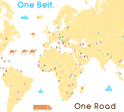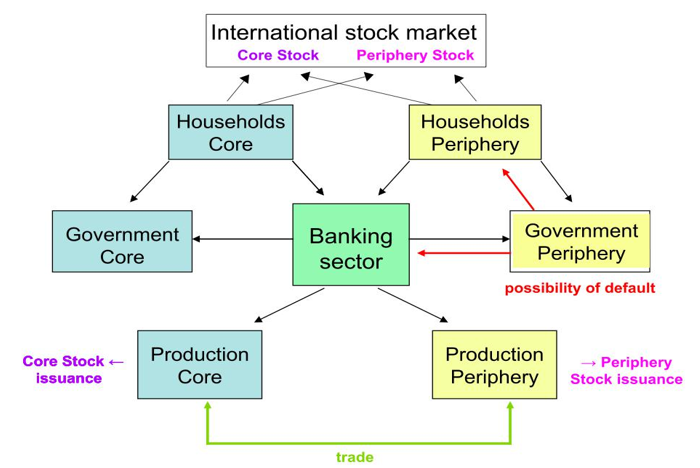France takes on Silicon Valley: Washington threatens tariffs over GAFA tax
By Anne-Laure Delatte
 00:43:31
00:43:31The day that France's parliament voted a so-called GAFA tax of three percent on revenue earned on French soil for big tech companies that hang their fiscal hat abroad, the Trump administration is paving the way for retaliatory tariffs.









